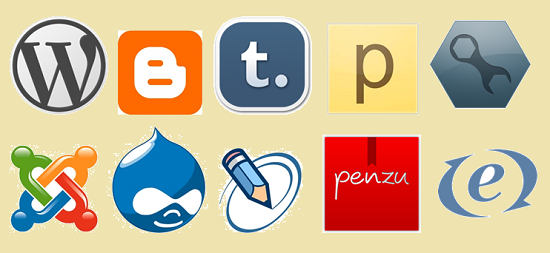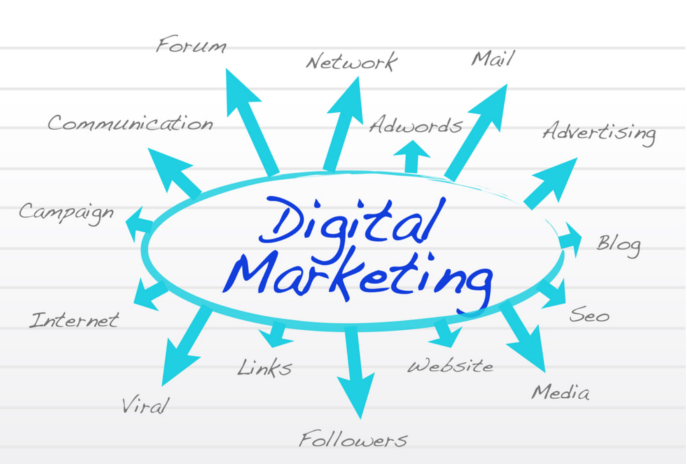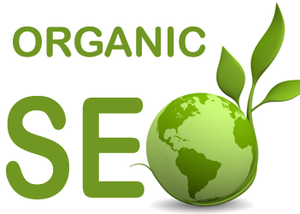Back to Basics #6: Why Small Business Listings are Essential for Local Businesses
/Note: If you’re an internet marketing expert, this post will probably not be of much help to you. But you can feel free to check out our other marketing tips and tricks here, or learn about our internet marketing services here.
If you're a beginner, we welcome you to read our Back to Basics series to learn more about internet advertising and small business marketing.
And be sure to follow our blog for posts delivered to your inbox!
Today, people search online to find their favorite businesses—whether they’re looking for a new place to eat dinner or they need to find a reputable salon, they’re far more likely to use a popular search engine to browse through their options than they are to do offline research. After all, with access to a computer or a smart phone at nearly every moment of the day, there’s no reason for people to locate a phone book or a business directory just to give you a call. It’s a waste of time! (And, while we’re at it, a waste of trees and ink!) For small business owners, this means all company information must be made available across a wide range of local listings online to ensure customers can find your site.
As of June 2014, nearly 69% of global searches were conducted on Google. That’s a huge number! But you may be wondering why Google is the top choice for most users. There are other search engines out there, so what gives?
It’s really quite simple. When someone searches for a local business or service, Google combines relevant search data with maps, store hours, site information, and more to create a virtual company profile. It’s visually appealing and easy to use. You can find exactly what you’re looking for with only a few clicks. If you don’t have your business listed with Google (or across any other major small business listings online), you run the risk of your potential customers going to your competitors rather than your store.
So here’s the fast and hard truth: small business listings are essential to the success of your business.
Especially for companies who have a lot of competitors. Even if your company has been around for years and has a lot of word of mouth advertising success behind it, you need to be listed online. It’s simply the easiest and fastest way to appeal to new customers. Furthermore, even old customers might want to look at your website, look up your phone number, or take a peek at your store hours, and the best way to find those is through small business listings on Google.
Don’t believe us? Here are a few facts that will definitely change your mind:
59% of consumers use Google every month to find a good business. And of these consumers, over 70% value what they find in the results. This data can’t make it any more clear: if your business doesn’t show up in a local search, you’re missing out on people who are not only trying to find businesses like yours, but you’re also missing out on people who are very likely to trust your listing and stop in to your store. Consumers are looking monthly—be there for them.
74% of searches for small business listings take place on Google. Consumers are choosing to look through Google before any other online listings--There are even different listings available for your business depending on your country! And yet, Google dominates the searches, so you need to be absolutely sure you’re listed on this search engine powerhouse!
Claim your small business listings on Google to give yourself a competitive edge. By claiming your listings on Google, you give yourself a huge advantage over your competitors who haven’t done so. You can not only link to your site, but you can add pictures, let customers leave reviews for you, and improve the likelihood that your business will be found when customers search for products or services related to your business. It’s just common sense!
But Google isn’t the end-all, be-all of small business listings.
The success and prevalence of Google is obvious in this situation. If you do not get listed across Google, you’re doing your small business a disservice. But there are other places people look, too: Superpages, Yelp, WhiteSpark, Manta, eLocal, Brownbook, Yellow Pages, and many more. It can be time-consuming to make sure you’re listed consistently across all directories. Furthermore, it’s helpful to have your content optimized to ensure people can find you under your choice of keywords.
At Internet Local Listings, we’d be happy to help you out with this entire process, getting you listed across all directories and small business listings. Whether you choose to use the info you’ve found here and give it a go on your own, or you’d like us to help you with your marketing efforts, we hope you’ve enjoyed this article in our Back to Basics series!















